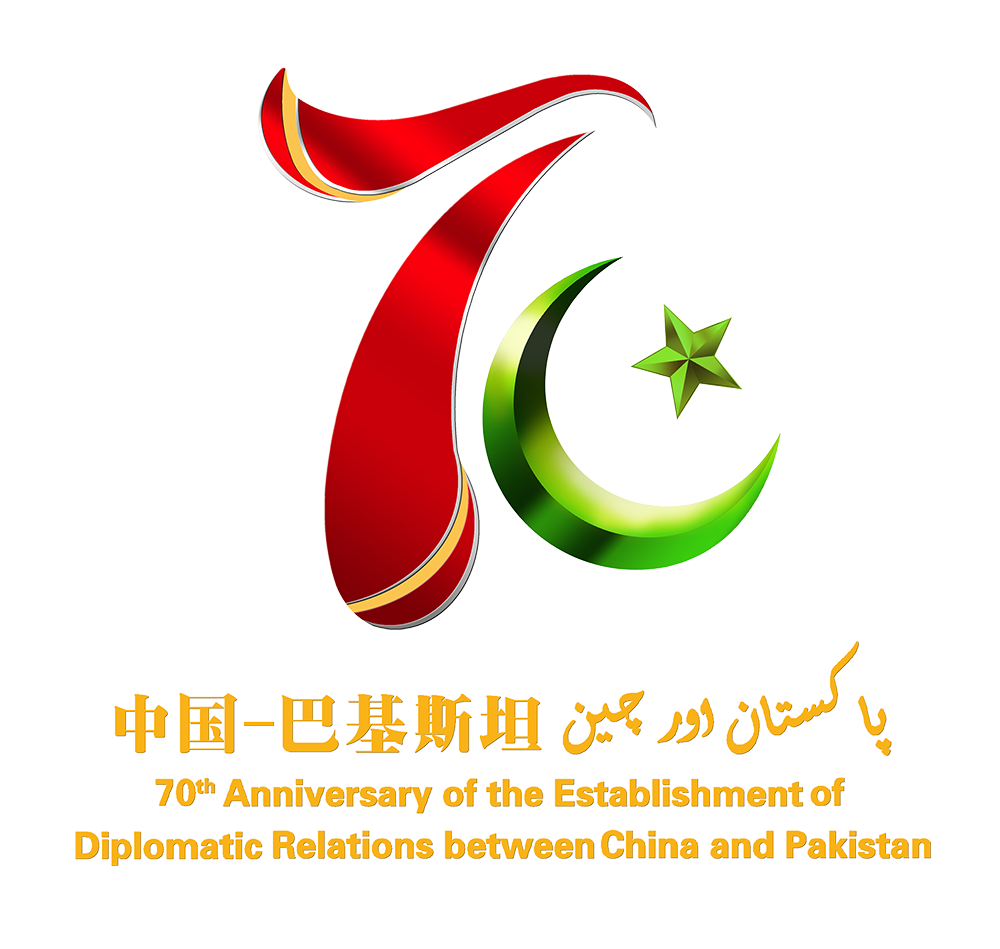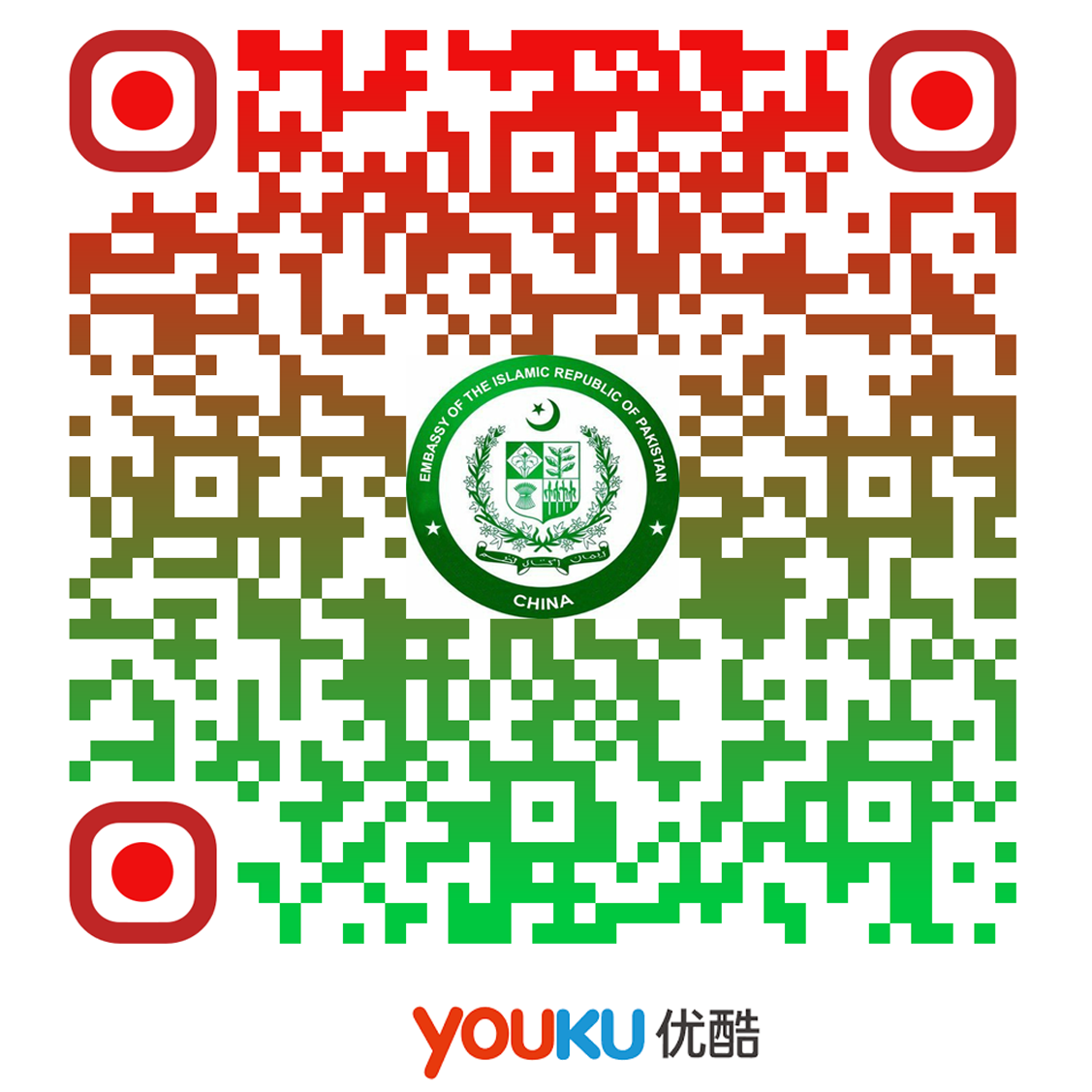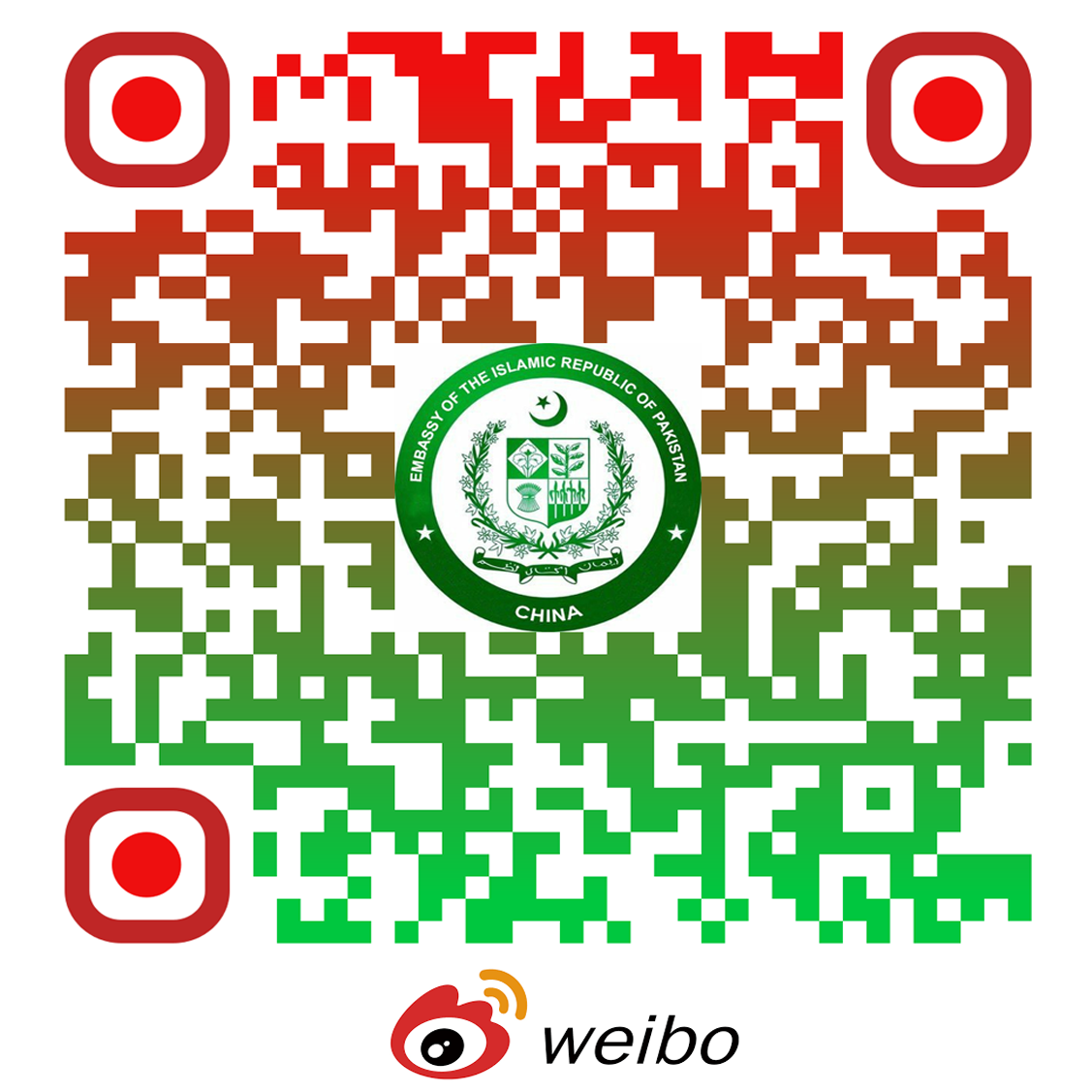Remarks at the webinar commemorating 70 years of Pak-China friendship held at the Institute of Regional Studies (IRS) by Chairman of the Senate Foreign Relations Committee Senator Mushahid Hussain
Chairman of the Senate Foreign Relations Committee Senator Mushahid Hussain Sayed said that Pakistan-China relations were built on a strong foundation of trust and complementarity of interests. He was speaking at a webinar commemorating 70 years of Pak-China friendship held at the Institute of Regional Studies (IRS) here on Thursday. He termed the initiation of the China-Pakistan Economic Corridor (CPEC) at an economically challenging time for Pakistan a Chinese vote of confidence to Pakistan. He further stated that CPEC had already proven to be a success story.
Commenting on the Sino-US relations, Sentor Mushahid Hussain stated that US policy towards China had become more strident despite the change of government in the US. He specifically referred to the proposed Strategic Competition Bill, which, if passed by the US Congress, would appropriate $300 million annually to counter Chinese global influence. He termed it as “a recipe for a new cold war.”
Ambassador Masood Khalid, Pakistan’s longest-serving former Ambassador to China, gave a comprehensive account of the consistent upward trajectory of the relationship between the Pakistan and China. He maintained that the 1960s and 1970s were crucial for cementing the existing level of trust between the two countries. Ambassador Khalid argued that Pak-China relationship had acquired even more importance because of the evolving global strategic competition. “The US is trying to prevent its own decline rather than preventing the rise of China because it has already happened,” he added. He further stated that Chinese influence in the region would grow notwithstanding the attempts of the India-US combine to subvert it. Ambassador Khalid lauded the Government of China for its all-out support to Pakistan in various sectors of its economy. “Chinese footprint is there in all the different sectors of Pakistan’s economic development,” he said.
Mr Hassan Daud Butt, the CEO of the KP Board of Investment and Trade, stated that Asia had already become the epicentre of global transformation and China was proving to be its leader. He shared that the Chinese Belt and Road Initiative (BRI) had 56 economic zones in 20 countries, 9 of which were in Pakistan. He further shared that the period until 2020 was a period of market cultivation under CPEC in which the emphasis was on reducing bottlenecks to economic development of Pakistan. He added that the two countries had already entered the second phase of market expansion (2021-2025), which would place greater emphasis on development of the special economic zones. He added that the projected maturity phase of CPEC was until 2030. He also listed the various development projects related to CPEC in his presentation.
Ambassador Naghmana Hashmi, Pakistan’s former Ambassador to China, shed light on the long history of relations between the two countries since the establishment of the People’s Republic of China (PRC). She termed the 1963 border agreement between Pakistan and China as the first major step toward consolidation of relations between the two countries. She shared that Pakistan was not only the first Muslim country to recognize the PRC but also the first non-communist country to allow its national carrier, the Pakistan International Airline (PIA), to establish an air link with the PRC. She termed the Pak-China relationship as a model for inter-state relations. She highlighted the construction of Karakoram Highway as a proof of the amount of importance the two countries attached to land-border connectivity. Ambassador Hashmi underscored the high level of cooperation between Pakistan and China during the Covid-19 pandemic. “Pakistan did not lose any soul to Covid in China,” she said. Columnist and international development consultant Mr Hassaan Khawar, who was moderating the discussion, said that seven decades of friendship between the two countries had stood the test of time. Earlier, in his welcome remarks, President IRS Ambassador Nadeem Riyaz described the relationship as strong which is likely to grow in strength in future.
DATE:2021-05-27


